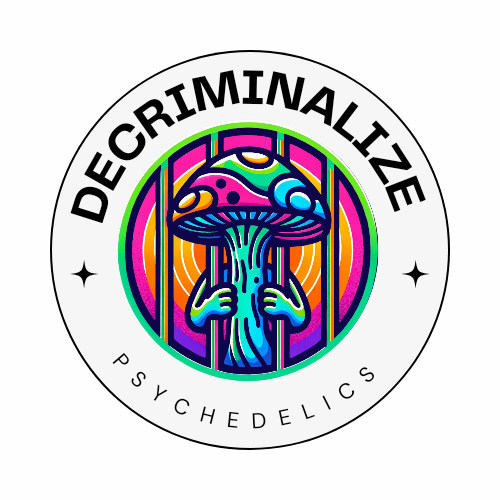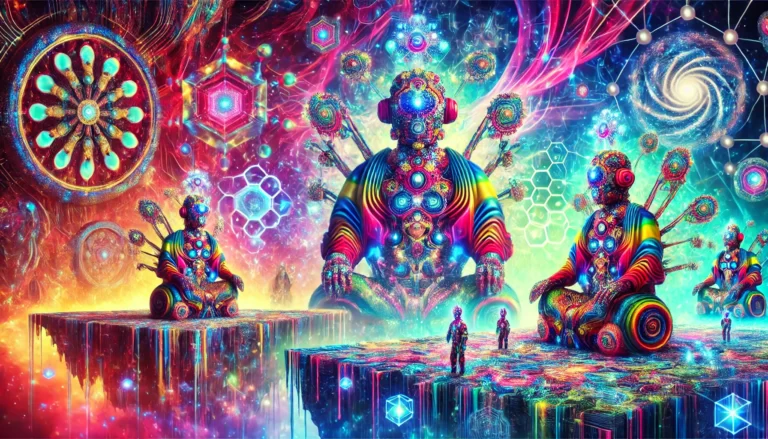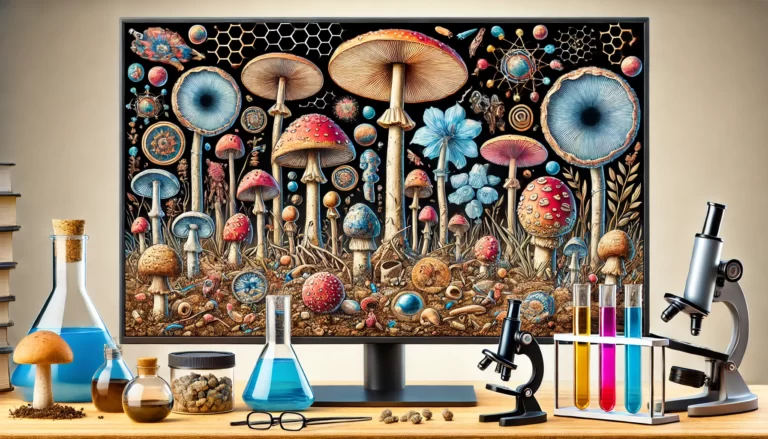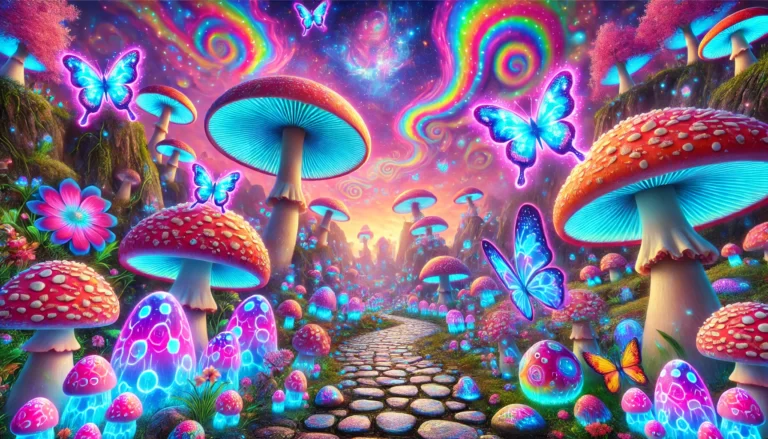Did you know Steve Jobs attributed his visionary ideas to the use of psychedelics?
Yes, really!
The co-founder of Apple said psychedelics changed his perception, fostering a unique approach to creativity that fuelled Apple’s success.
Here, we’ll delve into these intriguing aspects of Jobs’ life and their broader implications on the realm of technology innovation.
Jobs’ Introduction to Psychedelics
Steve Jobs’ fascination with psychedelics was born out of his spiritual quest in the late 1960s and early 1970s.
During this time, Jobs experimented with LSD, a potent psychedelic drug known for its ability to alter consciousness.
Jobs described these experiences as profound, even going as far as to call them “one of the two or three most important things” he had done in his life.
This revelation opened a new perspective for Jobs, stimulating visionary thinking that would later be instrumental in the creation and design of Apple’s innovative technology.
It’s an intriguing notion to consider how these psychedelic journeys might have shaped Jobs’ creative process, ultimately leading to the groundbreaking products that Apple is known for today.
Psychedelics and the Birth of Apple
The inception of Apple Inc. cannot be disentangled from Steve Jobs’ experiences with psychedelics.
Jobs’ use of LSD is believed to have fundamentally shaped his strategic approach, fostering a unique perspective that encouraged him to think outside the box.
As a result, he was able to envision and create products that were miles ahead of their time.
An example is the Apple Macintosh computer.
Jobs wanted this machine to be user-friendly, intuitive, and aesthetically appealing — criteria that deviated from the prevailing norms of computer design in the early 1980s.
Interestingly, these values mirrored the heightened sense of connection and aesthetic appreciation often reported during psychedelic experiences.
Psychedelics dissolve boundaries and enhance creativity, which can lead to innovative solutions to problems.
Could it be that Jobs’ acid experiences played a role in his ability to disrupt the tech industry?
It’s a compelling question that invites us to explore the intersection between psychedelics and technological innovation further.
The iPod: A Reflection of Jobs’ Psychedelic Mindset
Jobs’ experiences with psychedelics didn’t just influence the inception of Apple, but also played a role in the creation of some of its most iconic products.
The iPod, a device that revolutionized the music industry, is a noteworthy example.
Jobs’ vision for the iPod was to create a product that was not just functional, but also beautiful and intuitive to use.
He wanted people to feel an emotional connection to their music and the device that played it.
This approach breaks from traditional tech design, which prioritizes functionality over aesthetics or user experience.
This mindset aligns with the effects of LSD, which often lead users to perceive the world in a more interconnected and meaningful way.
Jobs’ ability to translate these experiences into a product design speaks volumes about the influence psychedelics had on his innovative thinking.
The result was nothing short of revolutionary.
The iPod ushered in a new era of portable music and set the stage for future devices like the iPhone and iPad.
This is a testament to Jobs’ ability to leverage his psychedelic experiences in creating groundbreaking products.
Shaping Apple’s Corporate Culture
Not only did Jobs’ psychedelic experiences influence the design and creation of Apple’s products, but they also helped shape the company’s unique corporate culture.
Jobs’ countercultural roots were deeply ingrained in Apple’s ethos, encouraging a spirit of innovation and creativity that set the company apart from its competitors.
As you continue to explore the influence of psychedelics on Jobs’ life and work, consider how this unconventional thinking also permeated the atmosphere at Apple:
- Jobs encouraged his employees to think differently, echoing the nonconformist mindset often associated with psychedelic use.
- Apple’s product launches were turned into spectacle events, creating a sense of wonder and excitement reminiscent of a psychedelic experience.
- The company’s focus on crafting aesthetically pleasing products reflects the enhanced sensory perception often reported during LSD trips.
Jobs’ psychedelic experiences didn’t just shape his own mind—they also helped to define the culture and ethos of one of the world’s most innovative companies.
Understanding the Broader Implications
When we consider the influence of Jobs’ psychedelic experiences on Apple’s innovations, it’s essential to also consider the broader implications.
Jobs’ story suggests that these unconventional methods can play a significant role in fostering creativity and innovation.
I think it’s crucial to point out here that this isn’t an endorsement of psychedelic use, but rather an exploration of its potential impact on creativity and innovation.
It reminds us that sometimes, the most groundbreaking ideas come from the least expected places.
So, what can we learn from this?
Perhaps it’s that there isn’t a one-size-fits-all approach to innovation.
Sometimes, it’s about stepping outside of our comfort zones and embracing unconventional methods.
After all, as Steve Jobs showed us, great things never come from staying within the lines.
Final Reflections on Psychedelics and Innovation
Steve Jobs’ experiences with psychedelics serve as a fascinating case study on the potential of these substances to spark innovation.
The impact of LSD on Jobs’ thought processes, and ultimately on Apple’s groundbreaking products, is undeniable.
Yet it’s crucial to acknowledge that these experiences are unique to Jobs and don’t necessarily apply universally.
Creativity and innovation are complex processes.
Psychedelics might offer one pathway, but they’re not a panacea.
What’s important is maintaining an open mind, embracing different perspectives, and challenging the status quo — qualities that Steve Jobs exemplified throughout his life.
In the realm of technology, we can consider these insights as we strive for innovation, looking beyond conventional perspectives.
It’s this spirit of curiosity and exploration that will continue to drive technological progress in the years to come.













